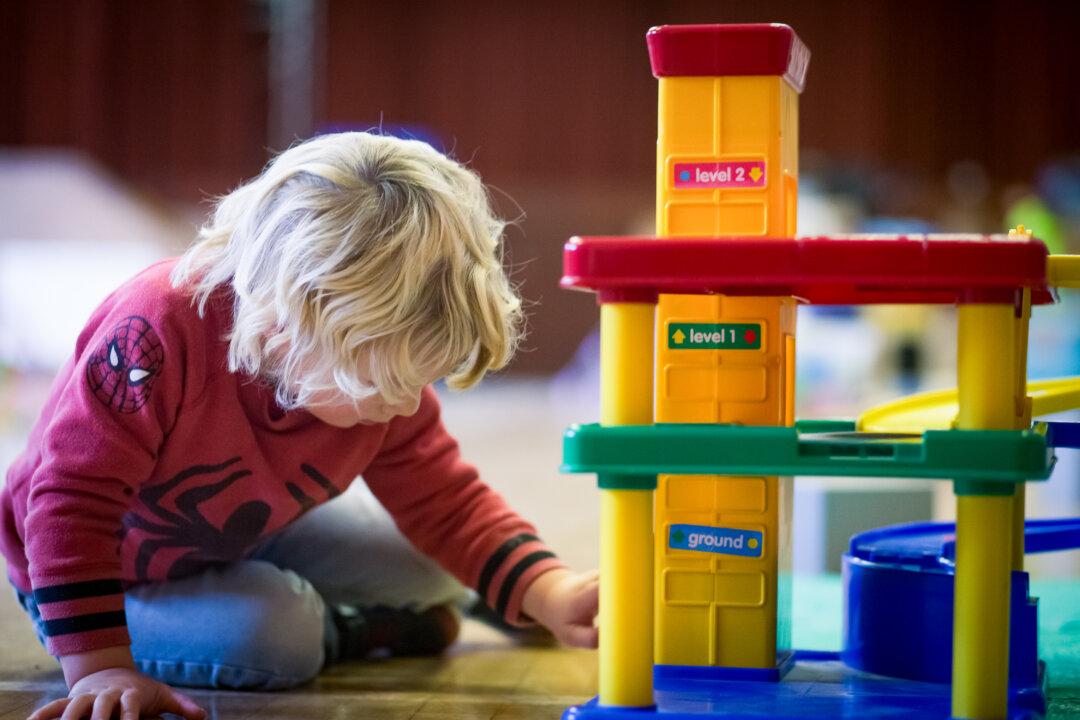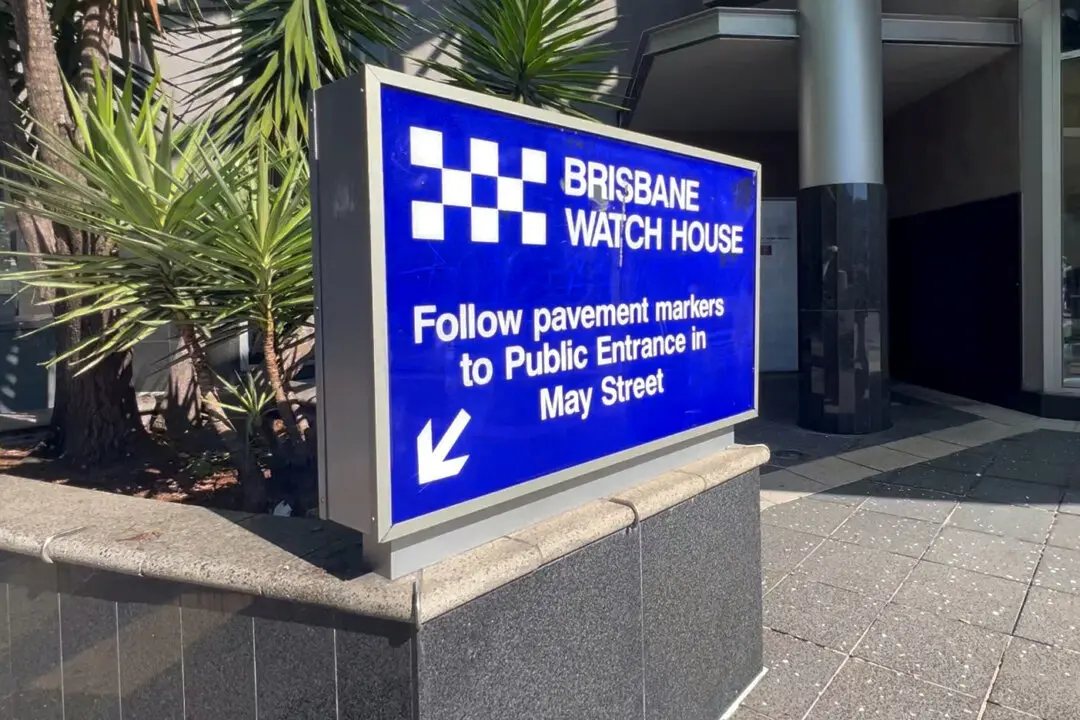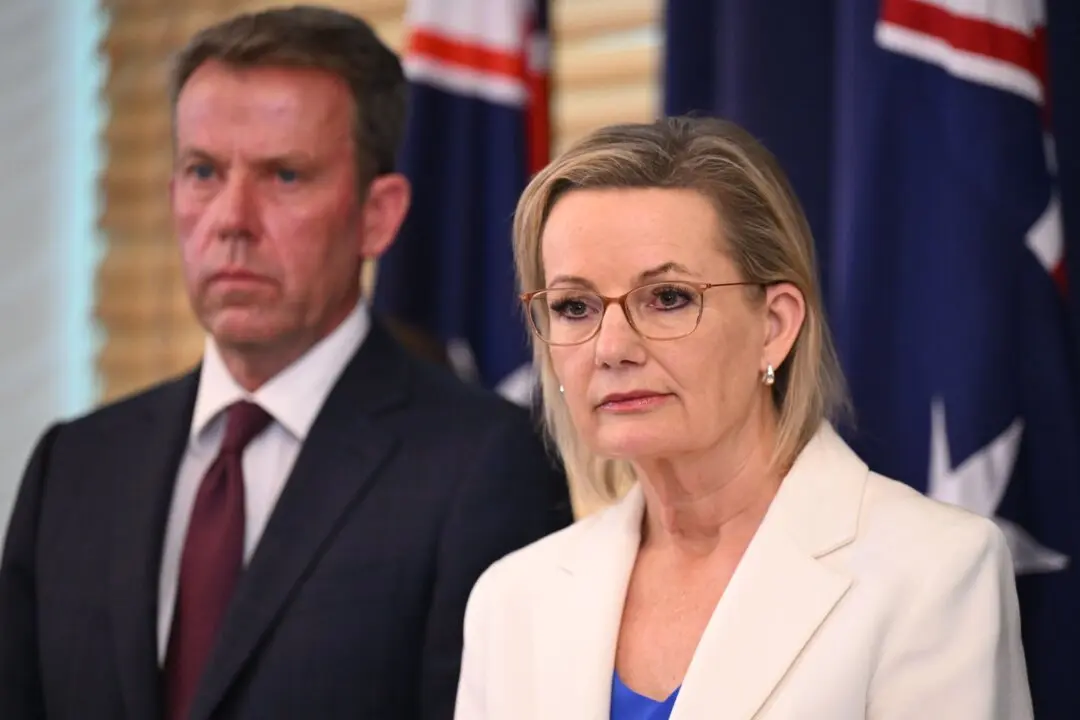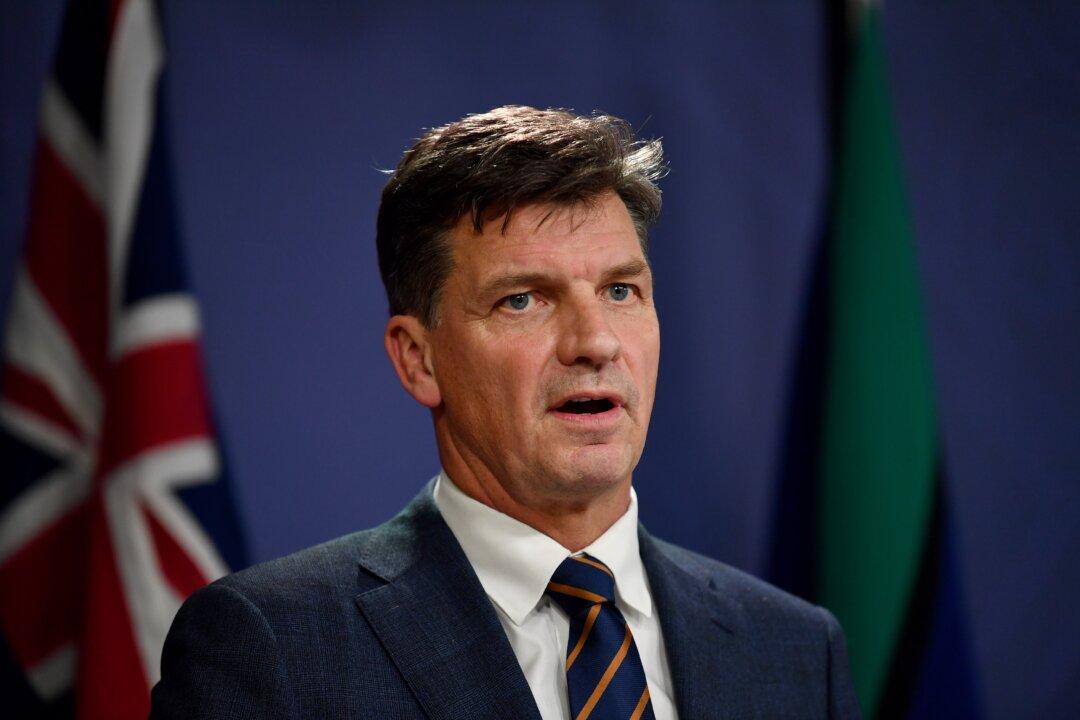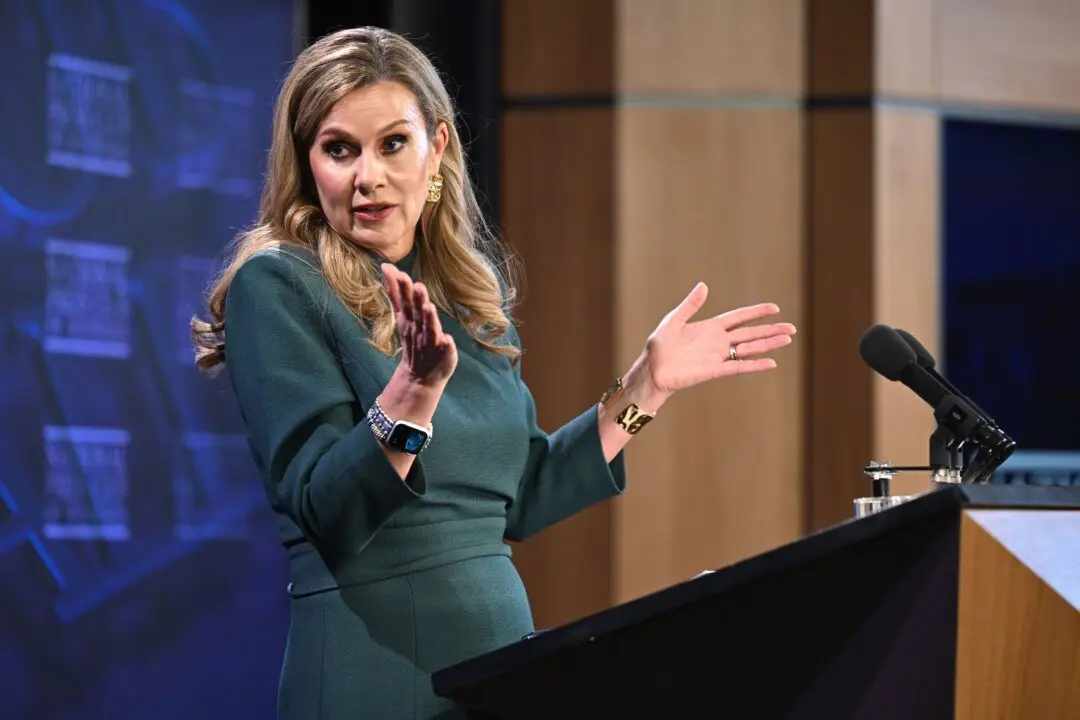A new plan to indiscriminately give families a guaranteed three days of subsidised childcare each week appears to be little more than an attempt by Labor Prime Minister Anthony Albanese to win the next election, says a think tank.
Under the new plan announced on Dec. 11, the current “Activity Test” would be eliminated, meaning families would not have to prove they are working, studying, or in training to access financial support.
